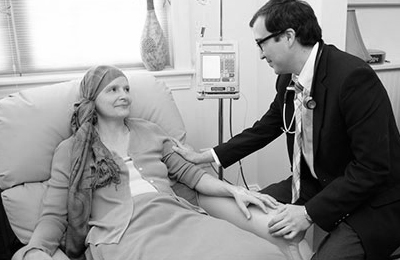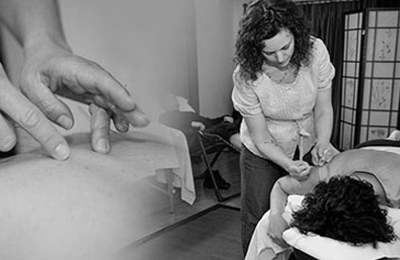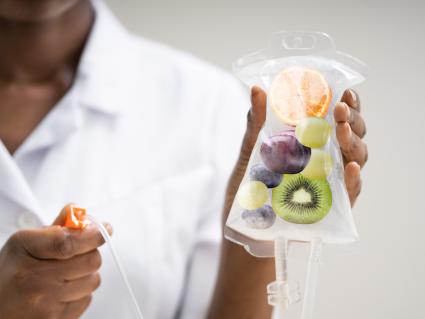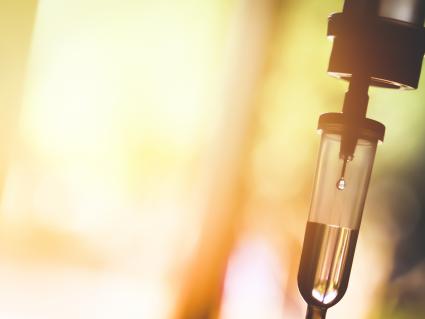Finding The Right Thyroid Hormone Replacement Therapy…For You
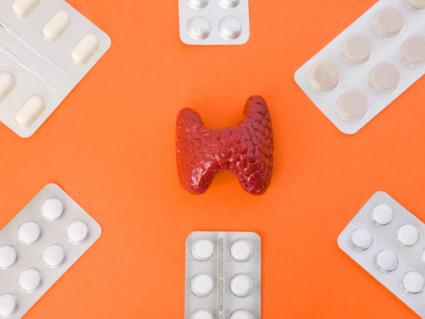
Finding the right thyroid hormone replacement requires a thorough investigation of clinical symptoms.
The most common medication used to treat hypothyroidism is levothyroxine which is a synthetic thyroxine (T4) that was developed in 1927. This medication must be converted to ACTIVE T3 for it to alleviate the symptoms of hypothyroidism. As I have discussed in the previous articles, there are many factors that can influence the conversion of T4 to T3 including stress, trauma, infections, liver or kidney dysfunction, toxins, and certain medications.
If T4 is getting overly converted to inactive RT3 due to the above factors such, then symptoms of hypothyroidism will likely persist. Increasing the dose of levothyroxine may help, but if the above issues are not addressed, RT3 will also increase and Free T3 may remain low. Minerals such as zinc and selenium are cofactors in the conversion of T4 to active T3. If these minerals are deficient, then T4 may be preferentially converted to inactive RT3.
There are other options for thyroid hormone replacement therapies for those who are not responding well to levothyroxine alone.
- Liothyronine is a synthetic T3 medication. Since it is an active thyroid hormone, it does not need to undergo any conversion. Additionally, it cannot be converted to RT3. This is why dosing for T3 is crucial, as too much can lead to hyperthyroid symptoms such as heart racing or palpitations, anxiousness, and insomnia.
- Another option for thyroid hormone replacement is desiccated porcine thyroid medication. Armour and Nature-Throid are the most commonly used desiccated hormone medications. Nature-Throid has been in use since the 1930’s. The desiccated glandular medications have both T4 AND T3 at about a 4:1 ratio. As an example, a typical starting dose of levothyroxine (T4) is 50mcg and for Nature-Throid it is 65mg (or 1 grain). The 65mg dosage contains a T4 dose of 38mcg AND a T3 dose of 9mcg. As the dosage increases or decreases, the ration of T4 to T3 stays the same at 4:1. With desiccated hormone therapy, there are also trace amounts of naturally occurring cofactors such T1, T2, and iodine which can also help to improve symptoms.
- Compounded thyroid hormone is another option. The medication is obtained by a compounding pharmacy and allows for customization of dosing. If the 4:1 ratio of glandular thyroid is too strong of a dose, it can be compounded to ratios that are less strong such as 5:1 or 6:1 etc. It is also beneficial for those that may require in-between doses that are otherwise not available by the drug manufacturer. The downside to custom compounding is that it is often not covered by insurance and therefore, it can be a more costly option than standard and desiccated glandular medications.
Each treatment option is different for everyone and may not work for all. This is why a thorough investigation of clinical symptoms and testing of thyroid function is crucial in understanding what may work best for you.

